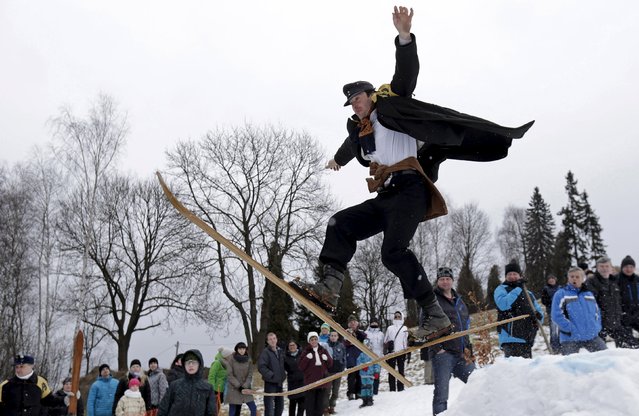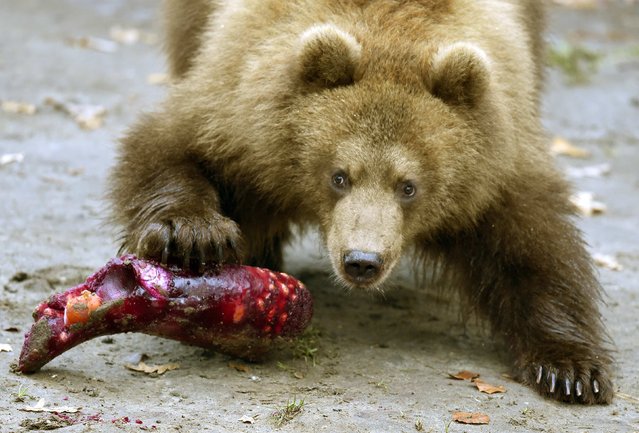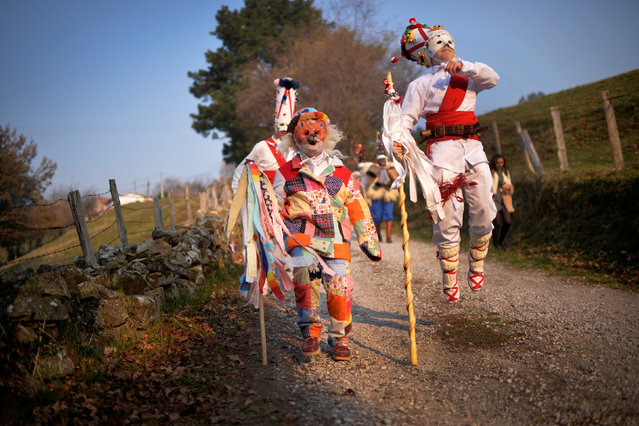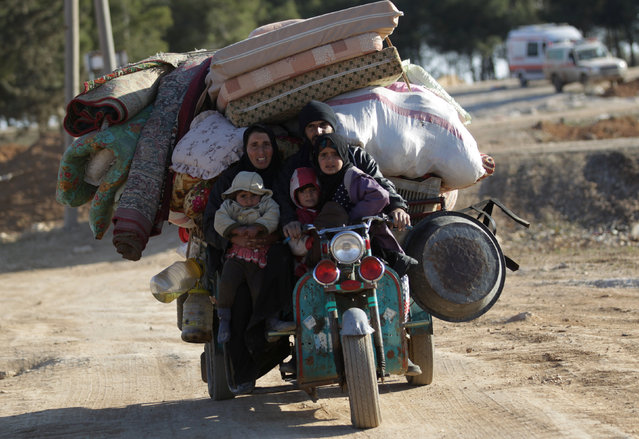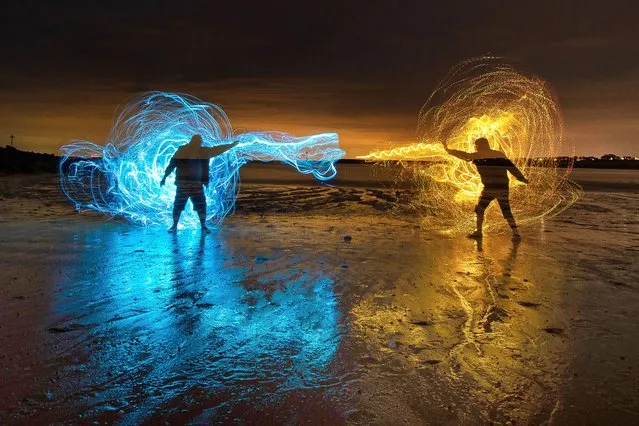
Nigel Cox and Kevin Jay paint with light using fibre optic whips on the beach at Clacton-on-Sea in Essex, United Kingdom on July 25, 2023 with a superhero fighting theme. (Photo by Kevin Jay/Picture Exclusive)
30 Aug 2023 03:48:00,post received
0 comments

